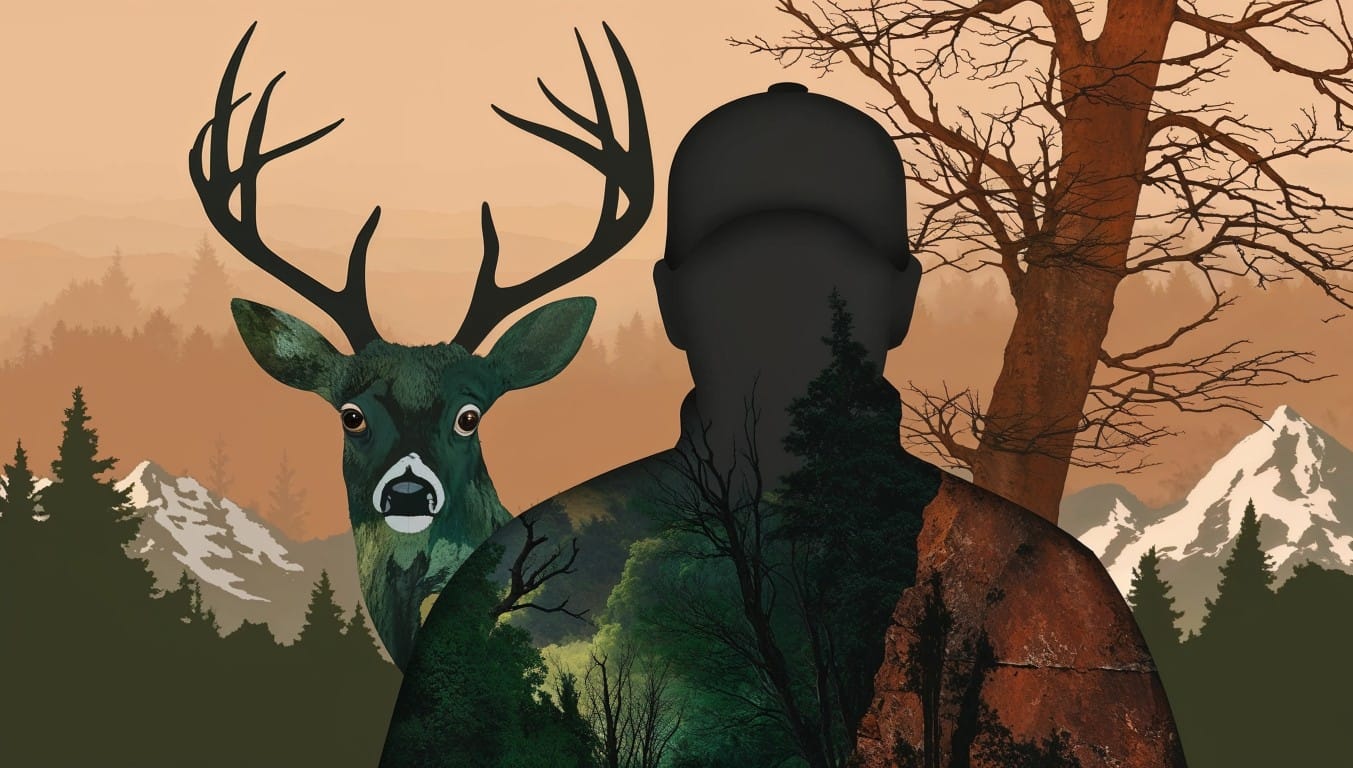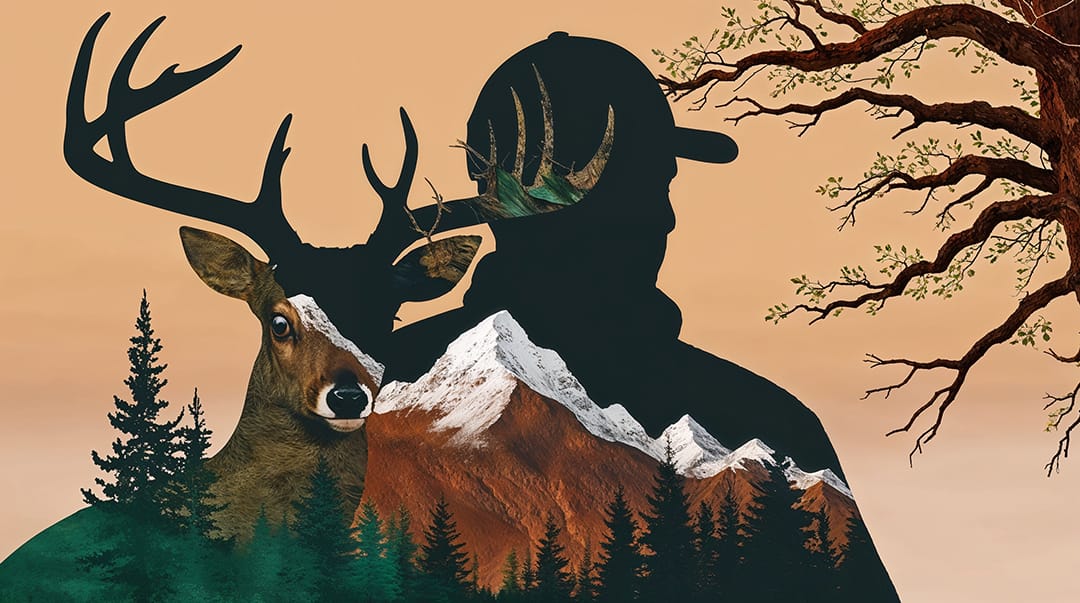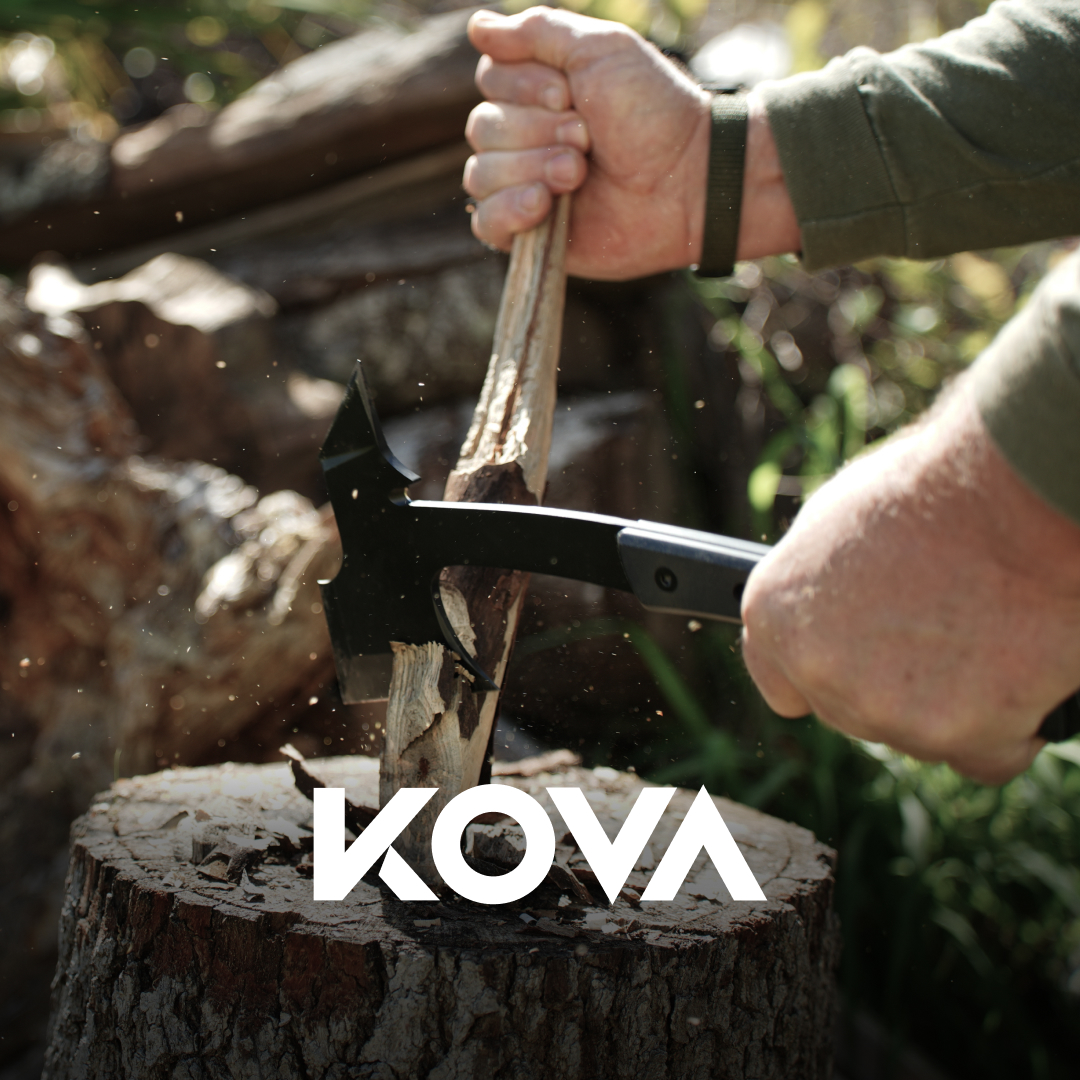Recently, I came across an Instagram reel claiming that hunting “disconnects from God, drains energy, closes the heart, intensifies anger, incites lust, and more.” This emotional argument lacks any evidence and blends various claims without distinction. Ethical hunting sparks debate: does it harm or help? Explore the myths, ethics, and role of hunters in preserving ecosystems and maintaining balance.
The Foundation of Ethical Hunting: A Multi-Faceted Perspective
The question persists: ethical hunting sparks debate – does it harm or help? Rather than accepting simplistic portrayals, it’s worth exploring the myths and ethical considerations around hunting, alongside its possible role in preserving ecosystems, maintaining balance, and honoring long-standing cultural traditions. If we look deeper, we find that the essence of ethical hunting is not only about the act itself, but also about intention, awareness, responsibility, and respect for life.
For someone like me, who finds value in hunting and has experienced the patience, skill, and humility it requires, such reductive conclusions (like those in the Instagram reel) could only be drawn by those who have never truly engaged with, studied, or understood hunting. Often, critics who make such statements either have a very narrow worldview or adhere to rigid belief systems they never subject to critical scrutiny.
So, can hunting be ethical, or is it really an “evil” that metaphorically drains energy and life force like a Dementor from the Harry Potter series? Let’s explore this question by looking at multiple perspectives. A comprehensive approach to understanding hunting from an ethical standpoint requires examining its roots and implications through various lenses: anthropology, ethics, history, culture, legislation, nutrition, and health. We’ll outline the main arguments and then delve into each one in greater detail.
To assess whether hunting can be ethical, we must examine it through lenses of anthropology, ethics, history, culture, legislation, and health. Below are six key insights that form the foundation of ethical and sustainable hunting:
- Biblical Foundations and Spiritual Perspectives: According to the Bible, God allowed people to hunt and eat meat.
- Hunters as Ecological Stewards: In the modern world, hunters can play an important role in maintaining ecological balance.
- Historical Context of Survival and Culture: Historically, hunting and gathering were crucial for human survival across cultures before agriculture.
- Deeper Human-Nature Connection: Hunting can help individuals understand their place in the world at a more profound level.
- Ethical Parallels with Animal Husbandry: Raising livestock for food is essentially no different from hunting wild animals, with both requiring ethical considerations.
- Nutritional Value and WHO Guidelines: According to the WHO, a balanced diet that includes animal proteins supports optimal health.
Before diving in, consider further reading for a broader perspective: our own blog post The Benefits of Hunting for Nature: The Role of Hunting in Wildlife Conservation expands on how ethical hunting contributes to sustaining natural habitats. Also, references such as Bible Verses about Hunting and authoritative studies like The Role of Hunting in North American Wildlife Conservation provide deeper insight into hunting’s religious and ecological dimensions.
1. According to the Bible, God allowed people to hunt and eat meat
The Bible provides one of the earliest known ethical frameworks, seeing hunting as part of human life after the Fall. In the Book of Genesis, following the Flood, God permitted Noah and his descendants to eat meat: “Everything that moves and lives shall be food for you” (Genesis 9:3). This marked a pivotal point where humanity began to use animals not just for work, clothing, or materials, but also for sustenance. Yet this permission came with conditions, such as the prohibition against consuming blood (Genesis 9:4), emphasizing that life’s sanctity must be recognized even when taking an animal’s life.
Biblical traditions and Mosaic law, which contain principles for ethical animal treatment, suggest that hunting should not be wanton or cruel. For example, the prohibition against taking a bird with its young (Deuteronomy 22:6-7) underscores that life is sacred and must not be exploited thoughtlessly. These guidelines illustrate that from a Judeo-Christian standpoint, hunting is not inherently unethical. Instead, it is portrayed as permissible, responsible, and mindful of the delicate balance between human needs and the sanctity of nature’s creatures.
For further exploration of biblical perspectives on hunting, consider reviewing resources like Bible Verses about Hunting, which compile relevant scriptural references and discussions.
2. Given Today’s World and the Development of Civilization, Hunters Play an Important Role in the Ecosystem
In modern, highly developed ecosystems – often shaped by human influence – the absence or reduction of top predators can create ecological imbalances. As a result, responsible hunters, operating under established regulations, can help keep certain wildlife populations in check. In this sense, ethical hunting can act as a tool for wildlife management and ecosystem restoration. Without predators or regulated hunting, species like deer or wild boar can reproduce unchecked, leading to overpopulation, vegetation damage, and resource depletion that affects other flora and fauna.
The environmental conservation structure in countries like the United States is built on a collaborative framework:
- Scientists gather data on animal populations, habitats, and the impacts of climate change.
- Governments rely on scientific research to enact resource conservation laws – e.g., the Clean Air Act and Endangered Species Act – and establish quotas or hunting seasons.
- Hunters, following strict legal frameworks and purchasing licenses, contribute to population control in line with ecological carrying capacities.
- Rangers and Wildlife Officers enforce these regulations, prevent poaching, and educate the public on responsible behavior in nature.
Taken together, this integrated system shows that hunters who follow ethical guidelines become essential participants in ecological equilibrium. The resulting biodiversity conservation can help maintain healthy forests and landscapes. For additional insights, you may review studies on The Role of Hunting in Modern Conservation Biology or The Role of Hunting in Ecosystem Restoration and Management.
3. Historically, Hunting, Alongside Gathering, Played a Crucial Role in Survival in Every Culture Before the Agricultural Era
Before the advent of agriculture and settled communities, humans survived by hunting animals and gathering plants. Hunting required a deep understanding of animal behavior, migration patterns, and ecosystems. It wasn’t just a physical endeavor – it was a cultural and spiritual practice that involved rituals, gratitude, and respect for the animals taken. Spiritual traditions often involved thanking deities, ancestors, or the spirits of the hunted animals, reflecting a profound recognition that human life depended on responsibly taking from nature’s bounty.
Indigenous cultures worldwide continue to reflect these traditional ecological knowledge systems. Hunting is more than sustenance: it serves as a bond between humans and the natural world, passing down ecological wisdom and ethical norms through generations. Understanding this historical context dismantles the notion of hunting as a purely violent act and reframes it as a time-honored, survival-driven, and respectful interaction with nature.
4. Hunting Allows Individuals to Understand Their Place in the World on a Deeper Level
Hunting, when approached ethically, can offer a profound sense of connection to the earth and its creatures. Take Donnie Vincent, an American naturalist, hunter, biologist, and filmmaker, who exemplifies a philosophy of respectful engagement with wildlife. Through his documentaries (such as The River’s Divide and Terra Nova), Vincent highlights how hunting leads to a deeper understanding of ecology, conservation, and personal responsibility. He urges hunters to approach their craft with respect, gratitude, and mindfulness – qualities that transform hunting into a bridge between humans and nature rather than a destructive force.
Vincent’s stance underscores that hunting is part of human nature and heritage. He believes it can help individuals acknowledge where their food comes from, reconnect with age-old traditions, and foster a mindful approach to consumption. Ethical hunting becomes an experience in humility, stewardship, and connection, challenging hunters to consider the broader ecological impacts of their actions and think beyond mere sport or convenience.
5. Raising Livestock for Food Is Essentially No Different from Hunting Wild Animals
At its core, harvesting animal protein – whether from domesticated livestock or wild game through hunting – serves the same fundamental purpose: feeding humans. As societies stabilized, people domesticated animals like sheep, cows, and goats, creating predictable, controllable food sources. Livestock farming made it easier to secure a reliable stream of meat, milk, and eggs, enabling the growth of settlements, economies, and more complex social structures.
Yet this shift doesn’t fundamentally change the ethical challenge of taking another life for food. Both hunting and animal husbandry require a sense of responsibility and respect. Animals must be treated ethically, whether they are raised in pastures or exist freely in the wild. This reframes the argument: if modern society finds it acceptable to rely on domesticated animals for nourishment, acknowledging the legitimacy of ethically conducted hunting as a parallel source of animal protein isn’t a stretch.
6. According to the WHO, a Balanced Diet Including Animal Proteins Is Optimal for Maintaining Health
The World Health Organization (WHO) recognizes that a balanced diet featuring animal proteins can be crucial to human health. Animal proteins are considered “complete,” meaning they contain all nine essential amino acids required for growth, cellular repair, muscle maintenance, and proper immune function. While plant-based diets can be healthy and balanced with careful planning, wild game obtained through hunting often offers higher nutrient density, leaner profiles, and no artificial additives like growth hormones or antibiotics commonly found in industrial farming practices.
Nutrient-rich wild meat is frequently lower in saturated fats and higher in beneficial polyunsaturated fatty acids (like omega-3s), as well as essential vitamins and minerals. This nutritional advantage can support long-term health and vitality, ensuring that those who choose to hunt ethically gain not only philosophical and ecological benefits but also tangible well-being advantages.

Conclusion
Returning to the initial question: “Can hunting be ethical?” It’s a bit like asking, “Can nuclear energy be ethical?” The answer depends entirely on context, purpose, and method. Nuclear energy can serve humanity by providing clean electricity, supporting medical treatments, and advancing scientific research – or it can be weaponized, bringing death and destruction.
Similarly, the ethical nature of hunting depends on the hunter’s intentions, adherence to regulations, respect for the animals, and understanding of ecological balance. When done with awareness, responsibility, and reverence, hunting can contribute to biodiversity conservation, cultural identity, personal insight, and a deeper respect for the interconnectedness of all life. Such an approach transforms hunting from a mere act of acquiring food into a philosophy of mindful coexistence with nature – one that seeks not to dominate, but to harmonize with the world around us.
For further reading, we recommend our related article: The Benefits of Hunting for Nature: The Role of Hunting in Wildlife Conservation and other reputable sources like The Role of Hunting in North American Wildlife Conservation. By studying these resources, one can gain an even richer understanding of how ethical hunting intertwines with conservation goals, cultural traditions, and human well-being – ultimately helping us find our rightful place within the ecological tapestry.










